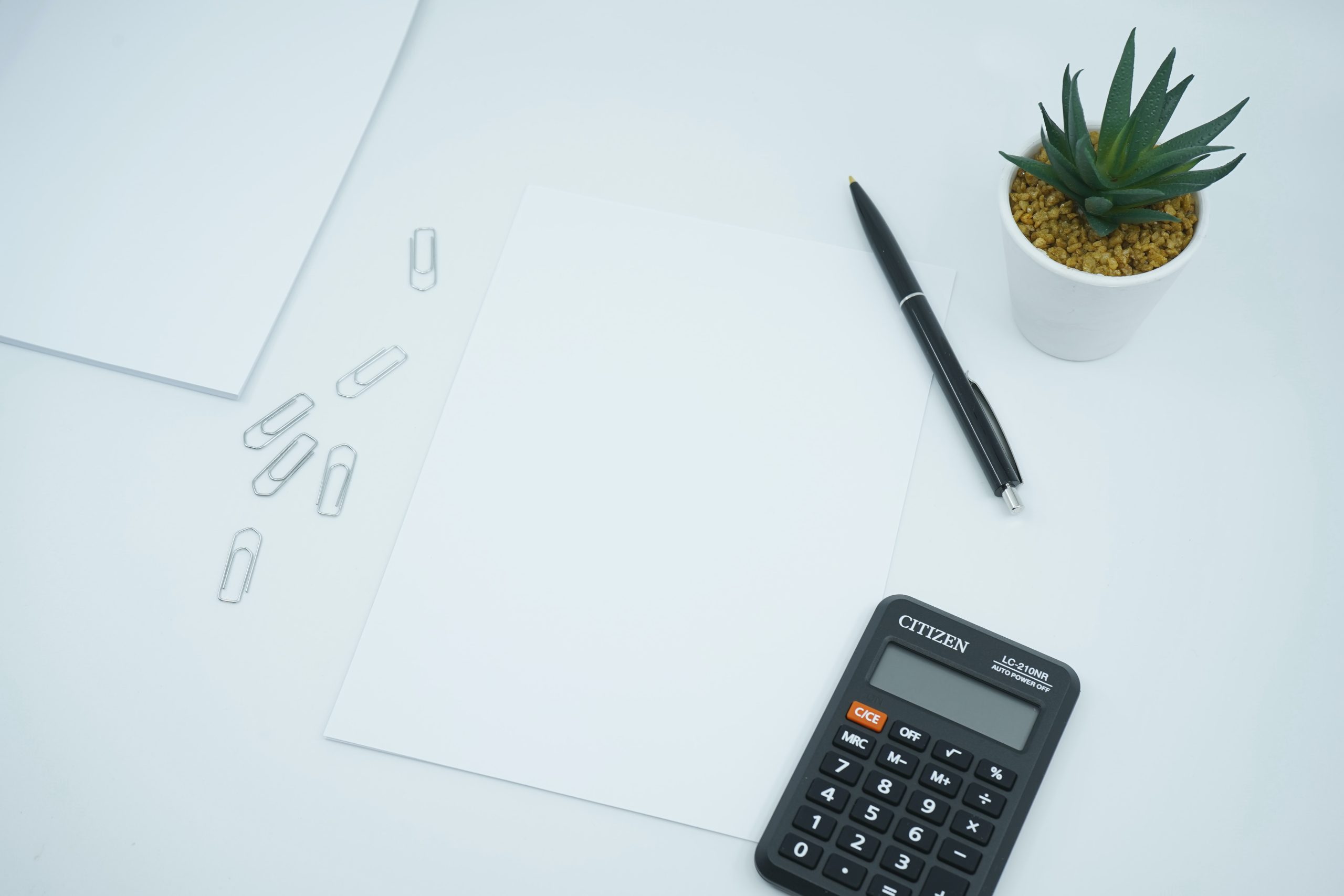- 11 March 2023
- 203
Emergency Funds 101: What You Need to Know About Saving for Unforeseen Events

Are you prepared for unexpected expenses that may arise? Life is unpredictable, and emergencies can happen at any time. That’s why having an emergency fund is essential to protect yourself from financial shocks. In this blog post, we’ll dive into Emergency Funds 101: What You Need to Know About Saving for Unforeseen Events. Whether it’s a sudden medical expense or a job loss, we’ve got you covered with tips on how to build and maintain an emergency fund that will keep you financially secure when life takes an unexpected turn!
Where should you keep your emergency fund?
1. Where should you keep your emergency fund?
Your emergency fund should be kept in a savings account that is easily accessible in case of an unforeseen event. Many people choose to keep their emergency fund in a separate account from their checking or savings account so that they are not tempted to spend it on non-emergency expenses.
Some financial experts recommend keeping your emergency fund in a high yield savings account so that it can earn interest and grow over time. Others recommend keeping it in a less volatile investment such as a short-term bond fund so that you won’t have to worry about losing any of your principal if the stock market takes a downturn.
Whatever option you choose, make sure that you will be able to access your money quickly and without any penalties if you need to.
What are some good ways to save for an emergency fund?
When it comes to saving for an emergency fund, there are a few things you should keep in mind. First, start with $1,000 as your goal. This may seem like a lot, but it will cover most small emergencies. Second, make sure to put your emergency fund into a savings account that is easily accessible. You don’t want to have to jump through hoops when you need the money quickly. Finally, automate your savings so that you are automatically transferring a fixed amount of money into your emergency fund each month. This will help you reach your goal more quickly and painlessly.
What should you do if you need to use your emergency fund?
If you have an emergency fund, congratulations! You are on your way to being prepared for life’s unforeseen events. But what do you do if you need to use your emergency fund? Here are a few guidelines:
1. First, try to tap into other resources before using your emergency fund. Could you sell something or get a loan from a friend or family member?
2. If you do need to use your emergency fund, only withdraw what you absolutely need. Remember, this is money that is meant to be used in case of an unexpected event, not for everyday expenses.
3. Once you have used your emergency fund, make sure to replenish it as soon as possible so that it is there for you when you really need it.
Following these guidelines will help ensure that your emergency fund is there for you when you need it most.
Conclusion
As you can see, having an emergency fund is essential for anyone who wants to be prepared for unforeseen events. With the right strategies and a little financial discipline, it’s possible to build up a healthy emergency fund in no time. Take some time to think about your future needs and make sure that you have money set aside in case of any unexpected expenses. Doing this will give you peace of mind knowing that should anything happen, you’ll always have something to rely on financially.

